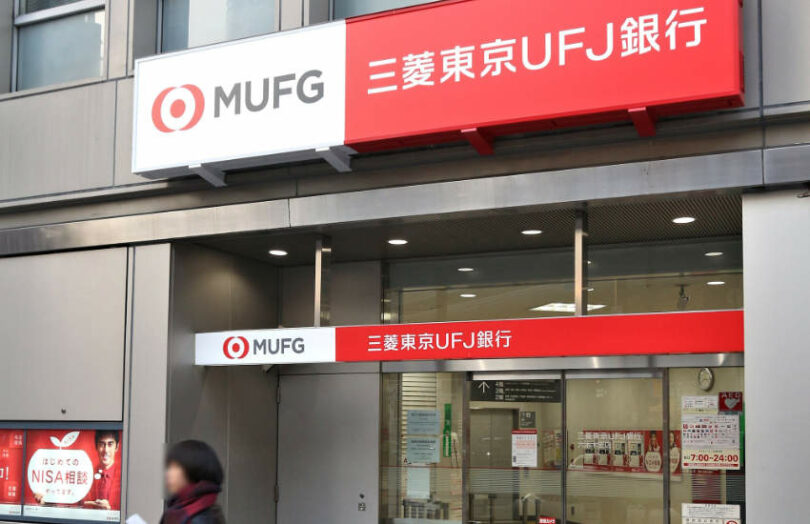MUFG, Japan’s largest bank, has concluded a cross blockchain trial to settle digital securities using a stablecoin, with DataChain as the interoperability tech provider.
The bank has spent years developing Progmat, a blockchain infrastructure for digital securities. However, a key requirement is to enable settlement which will be done through stablecoins. Hence MUFG developed Progmat Coin as an infrastructure to support stablecoins from multiple regulated issuers. Given that stablecoins and other digital assets could exist on different blockchains, there’s a need for cross-chain settlement to go into production.
Tatsuya Saito, a VP at MUFG and future CEO of Progmat, noted the need for the solution “for blockchain interoperability when handling Real World Assets (RWA) such as security tokens, stablecoins, and utility tokens (NFT) across multiple chains. We aim to lead the trend of tokenizing RWA globally and collaborate with Datachain to create initiatives that represent this movement, including the commercialization of cross-chain settlements for digital securities using stablecoins, which is planned for 2024.”
Article continues …

Want the full story? Pro subscribers get complete articles, exclusive industry analysis, and early access to legislative updates that keep you ahead of the competition. Join the professionals who are choosing deeper insights over surface level news.






